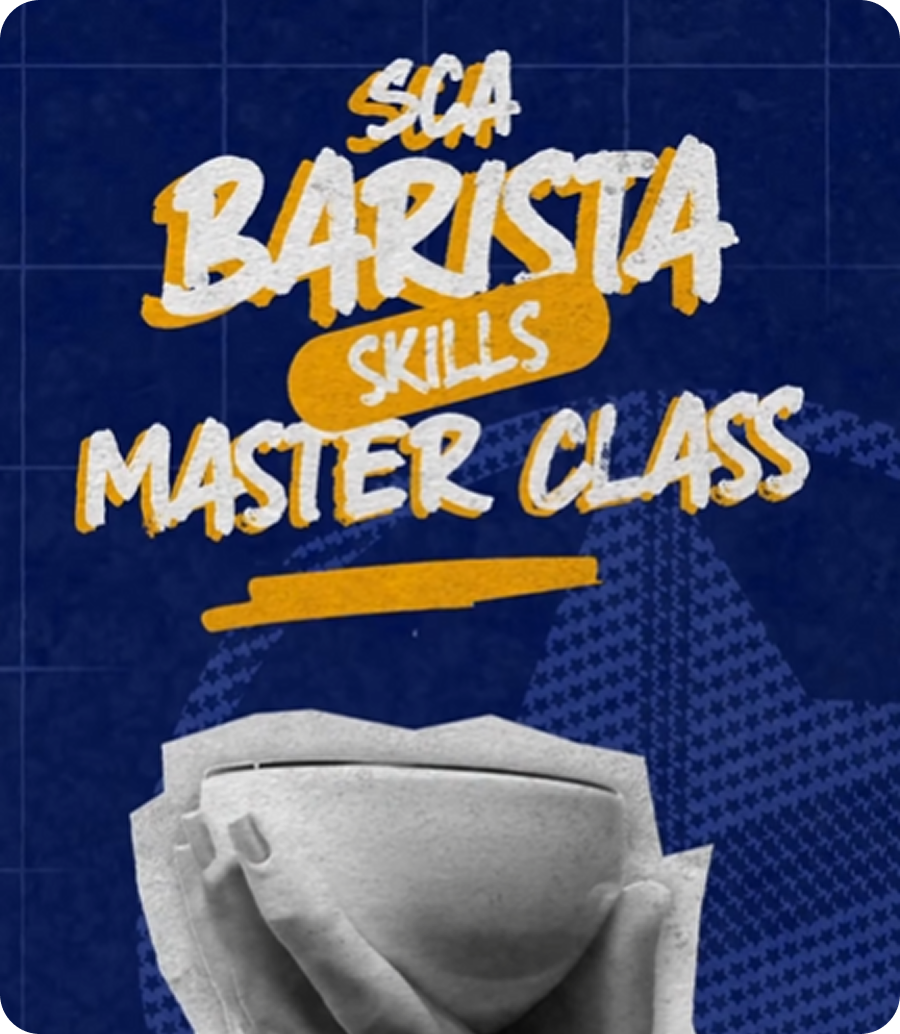Occupying a significant role in its culture and customs, Indonesians don't come to play when it comes to their daily cup of Java. From the first arrival to its shores to the rise of Indonesia's very own specialty coffee. Be it personal lives or professional meetings- even art and literature, coffee trumps all.
Introduced by the Dutch, Arabica coffee beans from the Middle East were planted in Java and by the time the mid-eighteenth century rolled around, Indonesia became the world’s largest coffee supplier. With access to a variety of climatic conditions and soils, Indonesia began to produce wide range of unique flavour profiles ranging from earthy to spicy, fruity and floral. This diversity of flavours and the high quality of the beans themselves placed Indonesian coffee at a forefront of the specialty coffee trend.
Traditionally, coffee was a means of showing hospitality, friendship and respect. This includes religious ceremonies as well such as giving coffee as offerings. Although it used to be called a men’s drink, such perceptions have shifted. There are many traditional brews unique to Indonesia. Kopi Tobruk is one such drink where coffee grounds and cane sugar are put in a cup, and hot water is poured in. The drink is steeped for 2 minutes and drunk without removing the grounds. Another traditional drink is Kopi Jahe, literally translating to ‘Ginger Coffee’, this brew incorporates spices such as ginger, cardamom and lemongrass making a bold coffee that tantalises the senses.

Specialty Coffee itself gained popularity in Indonesia during the 2010’s and brewing methods like French press, filters like V60 and pour-over and Siphon are go-to’s. Siphon is a popular vacuum brewing method involving a two-chambered apparatus made either of glass or metal. The bottom section contains water while the top section has the coffee, the coffee brews as the water heats up and passes through the coffee grounds.
For Indonesia’s Specialty Coffee, Arabica coffee beans are more widely used with two coffee processes being the most popular right now. Giling basah, meaning ‘wet grinding’ is a process where the coffee cherries outer skin or pulp is removed to expose the coffee beans which are then fermented, washed and dried resulting in lower acidity and more body giving the coffee a characteristic earthy and bold flavour. Some coffees are processed in a style of processing fermentation producing a rich taste, with sweet, sour, and acidic flavours all present in a cup. There are more innovative processes as well, but they are not as popular or well known as the ones mentioned above.

With the overwhelming popularity of third-wave coffee, the world came to know more about Indonesia specialty coffee and cafe culture in general. Specialty coffee roasters, shops and cafes keep popping up in cities like Jakarta, Bali and Sumatra. Café culture is also changing rapidly. Specialty Coffee shops have started to prioritize atmosphere and the experience itself rather than the taste of the coffee alone. From Instagram worthy pictures to live music shows and DJ’s, cafes have become places for excitement and fun.

Many experts believe that global coffee consumption, especially that of specialty coffee will increase in the next five years. The emergence of coffee connoisseurs presents an opportunity for Indonesia to market itself, showcase its unique coffees and become a well-known producer of specialty coffee to the world. The recent hosting of World of Coffee Asia Jakarta, a specialty coffee trade show that Flava Coffee also participated in and the World Brewers Cup, an annual international coffee brewing competition by the Specialty Coffee Association at Jakarta gives Indonesia has an immense opportunity in their hands to bring Indonesian Specialty Coffee to new heights.
About us
Ignited by passion for coffee and penchant for its myriad flavours, Flava was born. Dedicated to unlocking the essence where each brew is a masterpiece, artfully crafted to bring out the unique richness of each bean. Ethically sourced premium beans from across the globe. Skilfully curated and roasted to delight the most refined palates. Every cup is a fragrant journey, crafted to celebrate the Art of Aroma.




